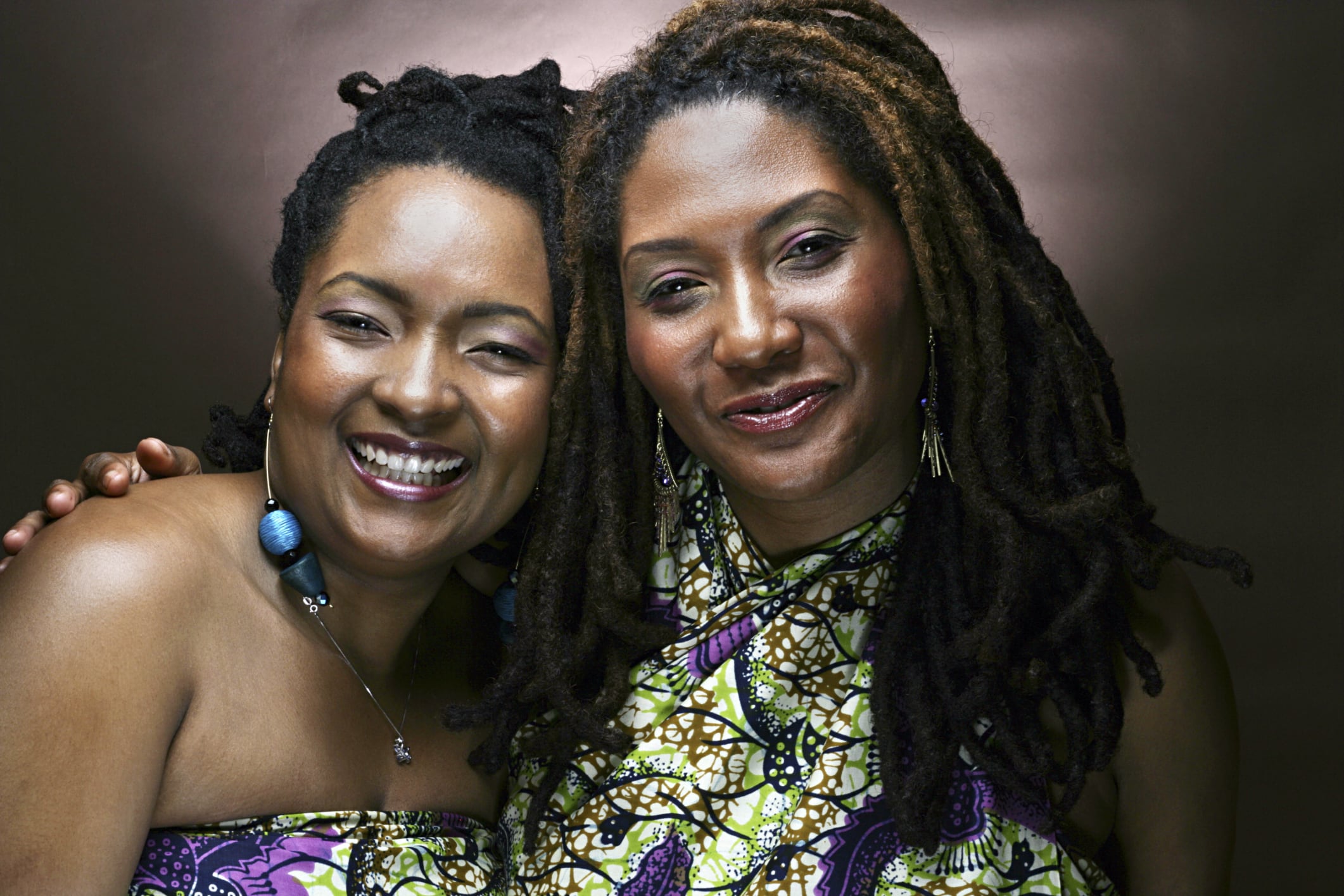We all want to be good friends and daughters and give our best as siblings, moms and loving partners, but new research suggests that you should be highly selective about the company you keep. Your life may depend on it.

If you and your partner are constantly at odds, try therapy to resolve the conflict. Your length of life might depend on it. (Digital Skillet)
A team led by Rikke Lund, a public health researcher at the University of Copenhagen, found that engaging in frequent conflict with a spouse, partner, friend, family member or co-worker over a long period of time can shorten your life. Worry and relationship demands were only linked to mortality risk if romantic partners or children were involved.
To understand the impact of one-on-one interactions on wellness, Lund and her colleagues used information on 9,870 adults who were ages 30 to 50 when the study began. They followed the group for 10 years, assessing social support and interactions with friends, family and neighbors.
Study participants who reported that they “always or often experienced worries or demands because of their partners” were twice as likely to die as those who seldom had such experiences. Participants who always or often worried about or fielded demands from their children had about a 50 percent increase in risk of death. The causes of death included cardiovascular disease, cancer, suicide and accidents.
But study subjects who said they always or often experienced conflicts with their partners or friends had more than double the risk of dying. Oddly, if they argued with neighbors as well, the risk more than tripled.
The researchers explained that the study builds on previous research showing that relationships can have an effect on longevity. Rather than struggling to hold on to relationships that may ultimately do you harm, make every effort to clear unnecessary conflict from your life. To begin:
Set yourself free. If you and your spouse or partner are constantly arguing, decide to resolve it through therapy or let the relationship go. It’s not worth your life. No one wants to experience the long-term health effects of an angry relationship. But also be sure that you are not at risk for domestic or intimate-partner violence. One in four women experience domestic violence in their lifetime, and black women are more likely to be victims of violence than other groups. The organization Safe Horizon is one of many that can help you get out of an unsafe situation.
Take the toxic friendship test. Maybe she was your BFF at one time, but if she’s leaving your hurt, drained and angry, it may be time to let the relationship go. This quick primer on assessing relationships can help you decide what to do next.
Heal your family. Letting go of a man who is long past his expiration date or cutting lose a vicious friend is difficult stuff, but doable. Resolving deep conflicts with an adult parent, sibling or child is much harder to achieve. It may be time to bring in a professional.
Approach family members with compassion and ask them if they would consider seeing a therapist with you so that the two of you can have a happier, healthier relationship. After all, conflict is bad for their health too. Or pick up a copy of Family Relationships in the Second Half of Life: A Guide to Health, Enriching & Enjoying Your Relationships and share it with family members. You just may find they greatly appreciate the gesture.








